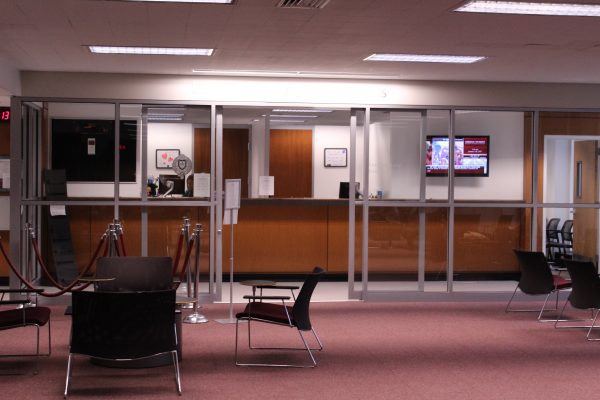Rise in Tuition Gives Students Partial Scholarships
February 8, 2017
Fordham students with partial merit scholarships could soon see the cost of attending grow when the amount of their scholarships does not increase with rising tuition.
As previously reported by The Observer, Fordham raised their tuition by 3.75 percent over the summer, and cost of attendance is expected to increase annually. The amount of aid given from a partial scholarship will remain the same amount, adding a higher cost to the amount that the students already have to pay.
Fordham is not alone, as students around the country have seen spikes in their tuition while their financial aid and scholarships remain the same. According to College Board, tuition rose faster than inflation in 2015. Director Alan F. Edwards, Jr. for Virginia’s State Council of Higher Education believes this is due to cuts in public funding.
According to the New York Times, federal figures have shown that lower-income students are hit the hardest, particularly at “taxpayer-supported” public universities where there have been state budget cuts for higher education.
At Fordham, The Presidential Scholarship and scholarships for semifinalists are the only two full scholarships that rise with expanding tuition costs. They are offered to less than 1 percent of the admitted freshman applicants, according to Angela Van Dekker, associate vice president student of financial services.
“The Presidential Scholarship is our most prestigious scholarship and as such we commit to covering full tuition charges that are not covered by various government and external sources,” Dekker said.
For some Fordham students with partial scholarships, the rise in tuition is troubling.“I feel like if it’s merit-based or need-based, as long as I’m maintaining my grades and my parents are making the same amount of money, it should increase,” Elizabeth Pustinger, Fordham College at Lincoln Center (FCLC) ’19, said.
“Rising tuition causes us to scramble for money elsewhere like loans, which causes an even bigger problem, like debt,” Stephanie Nunez, FCLC ’18, said.
As the budget becomes tighter and the cost of attendance is expected to rise over time, the solution is unclear. Some schools have decided to launch capital campaigns, the current one at Fordham aiming to raise $175 million in order to provide additional support with financial aid.
For students who might struggle with the rising tuition costs, Dekker encourages them to come to the financial aid office and meet with a counselor. She also acknowledges that meeting the tuition expenses is difficult for many students and their families and points out that financial aid is one of the largest items in the university budget.
“We work very hard to increase endowment support for financial aid and scholarships, to contain the rate of increase in tuition and to make Fordham more affordable for families,” Dekker said.
For students like Pustinger and Nunez, there is concern over how the change in cost will affect their futures.
“Fordham provides me with everything I need education wise,” Nunez said. “I enjoy my classes and professors, but the fear of affording school here is real.”
“I’m really happy I got the scholarship and chose Fordham,” Pustinger said. “If [the cost] rose a significant amount, I’d probably have to transfer.”










